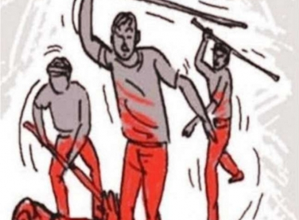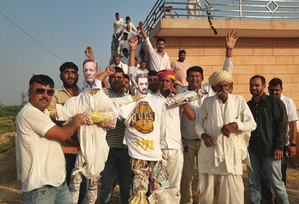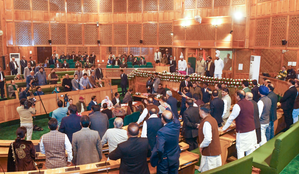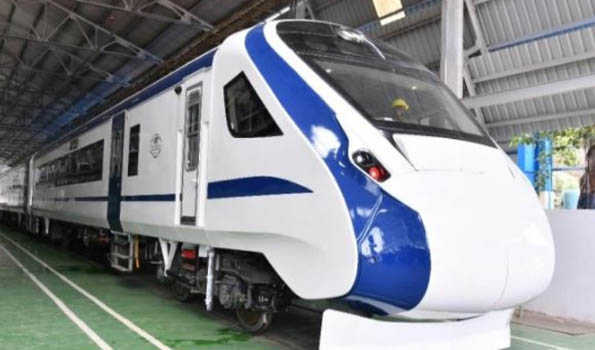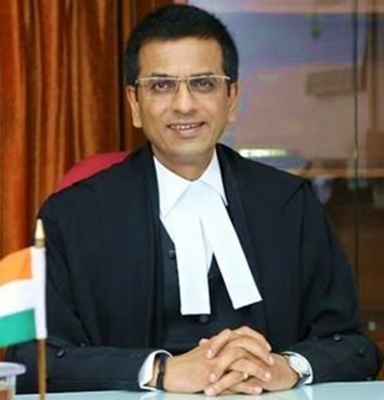
Mobilenews24x7 Bureau (Exclusive)
Judges are not supposed to act or deliver like postmen nor can they be carriers of the wills of the prosecutions there at, and this is the gut feeling that comes out of the several judgments of the land’s Apex Court. Which otherwise is not a healthy sign for any democratic structure as vast as India.
Liberty of courts and justice delivery remain under the heaps of pendency and powerful will and of the states get heavier than the accused so, justice slip into a state of languor. Thus a mountain of under trials remain very high and as of today they are over 71% of the jail population.
It is a state where under-trials languish and court freedom get entangled in a mess of technicalities and hard to believe that, there are nearly 4.7 cr pending cases in courts.
. They will also not be wrong if they quote the apex court as having said that for a court cannot conduct “a mini trial to find out the guilt or otherwise of the accused” at the discharge stage. But one has to recall, that the apex court has also said (in P Vijayan v State of Kerala) that the judge “has to consider the broad probabilities of the case, the total effect of the evidence and the documents produced before the court, any basic infirmities appearing in the case and so on…” — as opposed to just being a mouth-piece! The apex court has added: “If two views are equally possible and the judge is satisfied that the evidence produced before him while giving rise to some suspicion but not grave suspicion against the accused, he will be fully within his right to discharge the accused.” Why was it so important and a kind of thorn on the bed?
Sharjeel Imam Case
” The court noted that the prosecution did not place on record any Whatsapp chats, SMSes, proof of the accused persons interacting with each other — “no ‘toolkit’” even — to lend credence to the assertions that the accused acted in concert.“Even in the photographs, all the twelve accused are not standing side by side,” the court added. Thus, it observed that the conspiracy charge too is unsustainable. The court noted with dismay that the prosecution did not end with filing of one chargesheet and two supplementary chargesheets. “…a third supplementary charge sheet was filed…a day before the conclusion of arguments qua the aspect of charge.” Additionally, “no leave of the court was taken for filing of the same.”
The court also observed that the third supplementary chargesheet did not carry fresh evidence, but only “sought to present the same old facts in the garb of ‘further investigation’ . a distinction that the State should ideally be mindful of. The court also recalled the present Chief Justice of India DY Chandrachud’s emphatic defence of dissent: “The destruction of spaces for questioning and dissent destroys the basis of all growth — political, economic, cultural and social. In this sense, dissent is a safety valve of democracy.”


